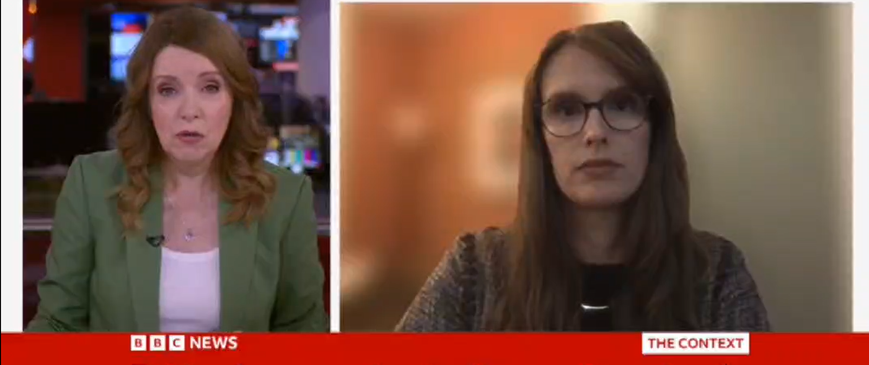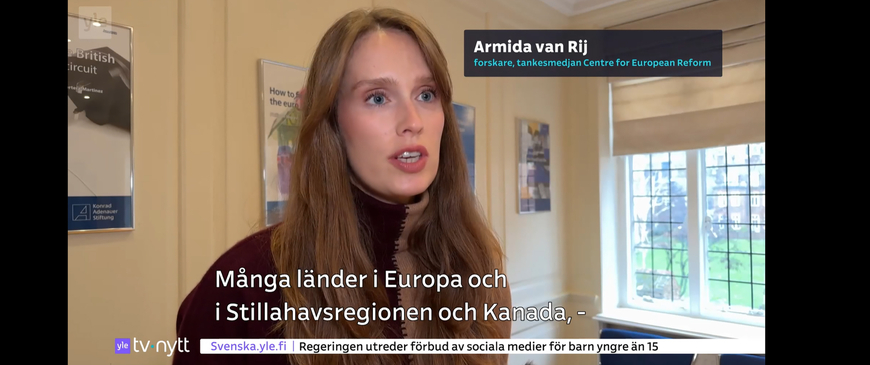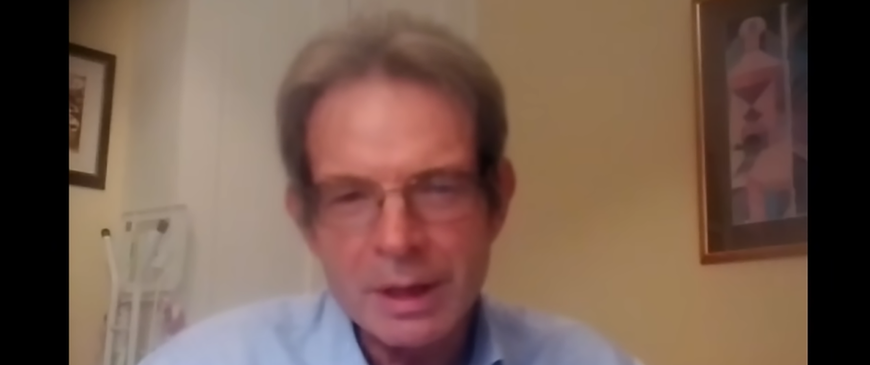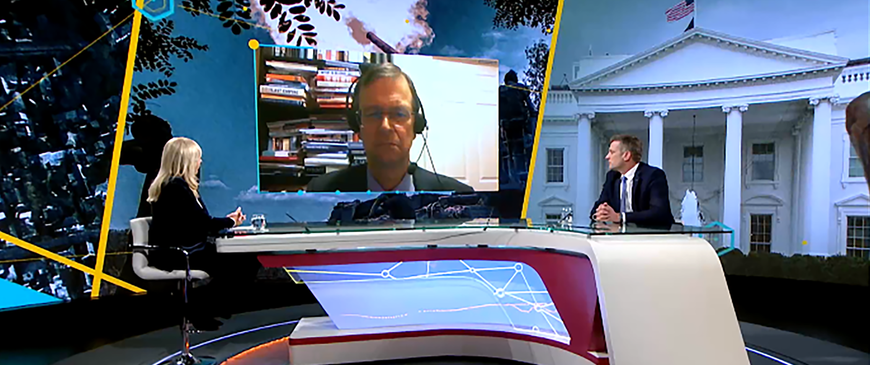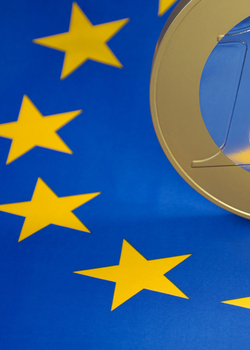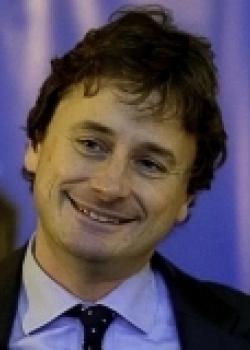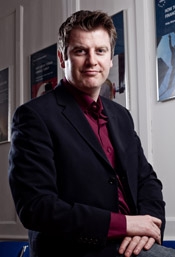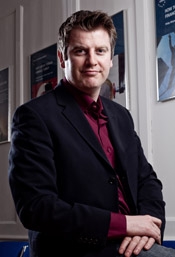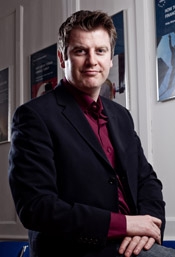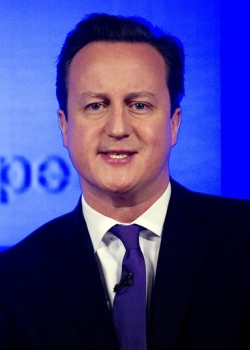Press
One more field where the continent trails Germany
07 May 2013
The New York Times
John Springford of the CER said the winner-take-all aspect of soccer could also be troublesome for Europe as it battles the debt crisis. "The euro crisis has been dominated by that narrative of competitiveness," Mr Springford said. "That kind of zero-sum thinking that is analogous to the football mentality is one of the reasons why it’s been so difficult to create a lasting solution to the euro crisis."
Thousands protest against 'Mr Weak' François Hollande
05 May 2013
The Daily Telegraph
Charles Grant of the Centre for European Reform said: "The Germans have to be pragmatic enough to realise they are losing the argument and have got to soften, which will make it easier for Hollande to claim he has helped to push the EU into a more growth-oriented strategy."
Nigel Farage: How one man changed the face of British politics
04 May 2013
The Guardian
Charles Grant, of the CER, said the combination of economic crisis and bad governance by EU leaders had created the ideal climate in which populism could grow. He said: "We have a weak economy, weak leadership and a very badly run EU.
Der er et Europa for enden af tunnelen
03 May 2013
Politiko
Den nuværende krise og sprækkerne i eurozonen kan resultere i et styrket Europa. Unionsprojektet er allerede i gang med at gennemgå et nødvendigt realitetstjek, mener vicepræsident Katinka Barysch fra anerkendt Europa-tænketank.
Revival of Europe's economy falls to German leader
03 May 2013
International Herald Tribune
"They are prevaricating all the time and allowing short-term domestic considerations to determine eurozone policy," said Charles Grant, of the CER.
One year into Hollande presidency in France, 'a sense of drfit'
03 May 2013
International Herald Tribune
Still, Mr. Hollande’s economic policies, which have delayed cuts in public spending until next year, are sensible in a recession, said Simon Tilford, of the CER, and his fight against austerity is gaining traction in Brussels, despite frustration with him.
Europe warns of harder economic times to come
03 May 2013
International Herald Tribune
"Relying less on exports, and more on domestic demand, would also be good for Germany as it’s starting to feel recessionary effects from the south," said John Springford of the CER. But, he acknowledged, "those steps would be very difficult politically for the government in Berlin to take."
British lobbying group condemns a proposed European financial transaction tax
02 May 2013
The New York Times
"On the one hand it shows the dangers of disengaging from the EU," said Philip Whyte of the CER in London, who argues that Britain feels increasingly beleaguered on issues related to financial services.
An economic depression may be in the eye of the beholder
02 May 2013
The Wall Street Journal
A depression isn't a precise term, but it generally means "a long period of exceptionally weak activity—a big recession that an economy takes years to recover from," says Simon Tilford, of the CER.
It is the longevity of Europe's slump that is leading some analysts to talk of a depression. "Europe is now in a depression if one considers that output is still considerably short of where it was in 2007," Mr Tilford says.
It is the longevity of Europe's slump that is leading some analysts to talk of a depression. "Europe is now in a depression if one considers that output is still considerably short of where it was in 2007," Mr Tilford says.
Fears of mass migration call EU's freedoms into question
01 May 2013
European Voice
Hugo Brady of the CER also believes that the impact from the lifting of restrictions will be negligible. "I do not feel there is much to fear there," he said. Even if migrants come to the UK, he said, "they are more likely to work, less likely to be on benefits, and moving up the ladder faster” than the UK-born population.
Tide turning against eurozone austerity
30 April 2013
The Australian
Hugo Brady of the Centre for European Reform said such voices would inevitably influence thinking over time, but warned there was unlikely to be much change in Germany's stance before elections due in September.
Is the Franco-German union heading for divorce?
30 April 2013
France 24
"There has been increasing recognition that the kind of policies pursued have harmed as much as healed and that this is the reason Europe is not emerging from the crisis," said Hugo Brady of the CER.
Un ans de François Hollande: la perplexité d'experts européen
29 April 2013
L'Enteprise
"La France n'est pas l'Italie", convient Philip Whyte, du CER. Il n'en reste pas moins que la "perception que la France est en train de devenir un nid à problèmes économiques" grandit en Europe, notamment en Grande-Bretagne et en Allemagne, poursuit l'expert britannique.
Is China pivoting to the Gulf?
27 April 2013
Al Aribya
Charles Grant from the Centre for European Reform, recently provided a number of factors which may explain the situation: China's economic growth has surged at a time when the West is in crisis, making China's leaders more self-confident and less willing to accept Western tutelage.
New Italy prime minister to move away from austerity
25 April 2013
Marketplace
Simon Tilford of the CER says investors are more likely to reward a government that stimulates growth and punish one that cuts: "All investors worry whether they are going to get their money back," says Tilford. "If they think they are not going to get their money back because an economy is performing so poorly that it’s not going to be able to pay its debts, then they are going to charge more to lend to that country."
In Cameron and Merkel visit, a chance to discuss British role in Europe
12 April 2013
The New York Times
"Germany really wants to keep the British in the EU, but not to the point of allowing the British to opt out of more areas of policy or to repatriate more powers," said Charles Grant director of the Centre for European Reform.
David Cameron and Angela Merkel talk about Europe
12 April 2013
BBC Newsnight
Katinka Barysch, deputy director of the CER, on BBC Newsnight discussing Cameron's trip to Germany to discuss EU reform.
Thatcher's legacy to Europe
12 April 2013
World Economic Forum ForumBlog
Margaret Thatcher became a totem for Britain's eurosceptics. And it is true that in her final years in office – and even more after she left it – she became virulently eurosceptic.
Is David Cameron Margaret Thatcher’s heir on Europe?
09 April 2013
Carnegie Europe
Not at all. David Cameron sees the EU very differently to Margaret Thatcher. For a start, when Thatcher was prime minister she was strongly opposed to referendums on the EU.
It's not a question of if, but only when Merkel grasps the nettle of eurozone debt mutualisation
09 April 2013
The Telegraph
In his latest blog, Charles Grant of the CER, raises the question of whether Angela Merkel's stance on the European crisis might change after she is safely re-elected in September, and is therefore perhaps not as much beholden to the prejudices of her electorate as she is now.

